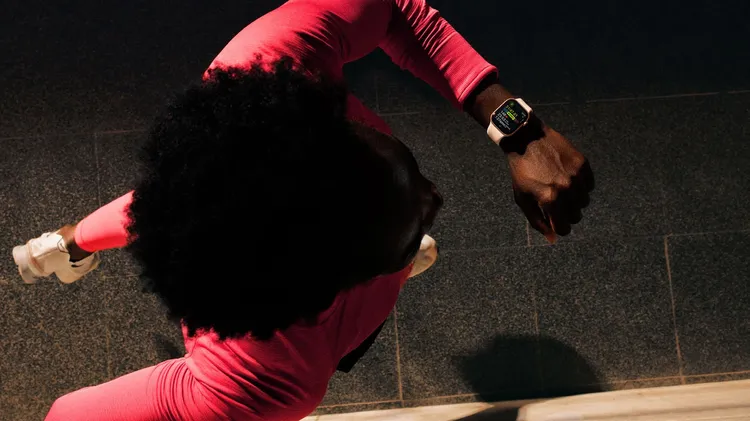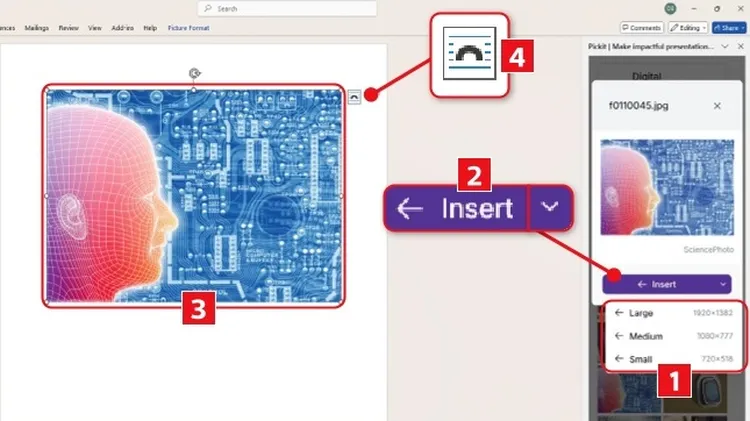Highly tailored AI assistants are makin
Gpt hits the spot for me – and could do for you, too
3 min read
This article is from...
Read this article and 8000+ more magazines and newspapers on Readly






